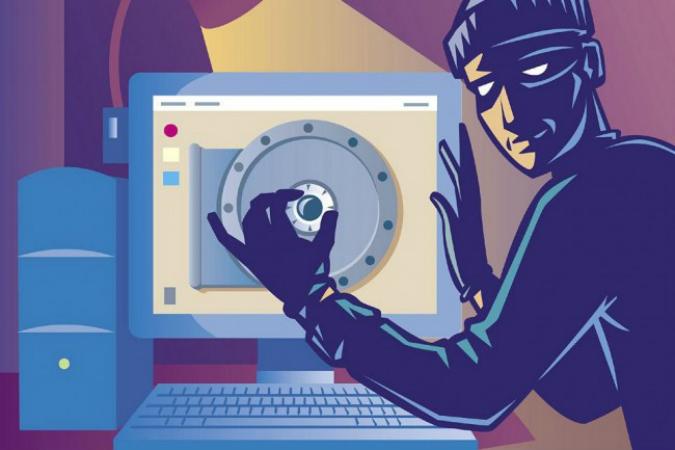
Online retail sites are about to get a massive boost from the kickoff of the holiday shopping season, which is set to officially begin on Black Friday in a couple of days. However, another sect is also getting ready to ramp up their operations as well: hackers, cybercriminals and anyone aiming to use malware to exploit consumers.
In fact, cyberthugs have reportedly started to bombard social media feeds, email accounts and search engines with poisoned links already. Click on one and boom, you might have just contracted some nasty malware. Allegedly, about 10 percent of people who receive such unclean links are likely to take the bait. Here’s what Sorin Mustaca, asecurity analyst at anti-malware firm Avira, had to say.
“All these things have something in common: social engineering and greed.”
Meanwhile, Signifyd, an identity verification firm, found that 0.8 percent of ecommerce sales made via desktops are fraudulent, after examining 10 million transactions made in the past six months. The dangers are real and are only likely to increase.
So how can you protect yourself from malware and online scams during the holiday shopping rush? Here’s one way: tap into your own fears. No, really. That’s what Ronnie Flathers, who works for a security consultant firm by the name of Neohapsis, had to say.
“It’s OK to be a little paranoid. Modern phishing techniques are subtle and dangerous. It’s OK to mistrust e-mail and links. If something seems phishy, exit out.”
Also, be sure to use strong passwords, and only shop on well-known, trusted sites. We recommend Amazon, Best Buy, Newegg and any other retailers that have a strong brick-and-mortar presence. Crutchfield and Buydig are a couple of sites that we’ve used and had nothing but success with.
Here’s what it boils down to: despite the ever-growing reality of online threats, you can stay safe if you just don’t do anything risky, like use iffy sites or click on links that look less than legit. Make sure your firewall, malware scanners and anti-virus programs are up to date and constantly running. And of course, if you use a password like “123456”, which was found to be commonly used among those who fell victim to the recent Adobe hack, you’re just asking for trouble.
Editors' Recommendations
- Does your Mac need antivirus software in 2024? We asked the experts
- Hackers are using this incredibly sneaky trick to hide malware
- Bing Chat’s ads are sending users to dangerous malware sites
- This massive exploit lets hackers breach apps like Chrome, 1Password, and Telegram
- Lapsus$ hackers convicted of breaching GTA 6, Nvidia, and more

